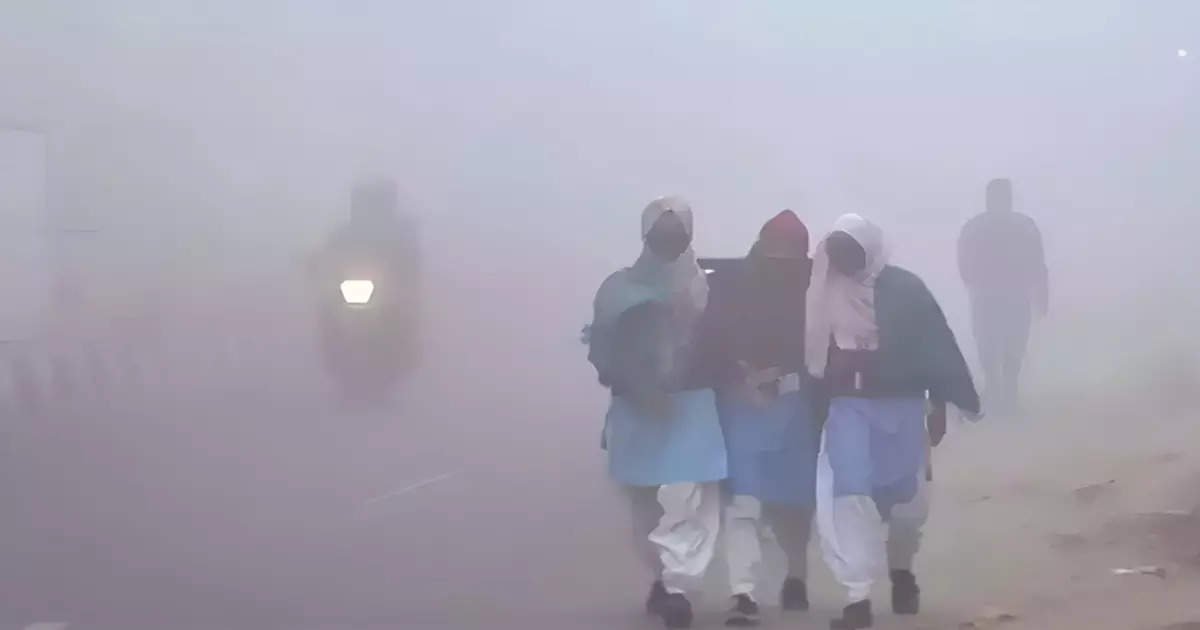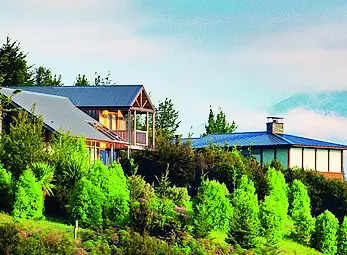
STARTING with the 2025 midterm polls, the Commission on Elections (Comelc) will require all candidates to submit the photos they will use in the campaign in relation to its move to ban the use of certain forms of artificial intelligence (AI) during the campaign period.
Chairman George Erwin Garcia said over the weekend that he submitted his proposal to the Commission en banc and, at the same time, referred the AI and deepfake issue to the Committee on Digital Transformation and Kontra Fake News.
"I even proposed to include in the General Instructions for the Fair Elections Act implementation intended for the 2025 NLE (National and Local Elections) to require all candidates to submit to the offices where they are filing candidacies their photographs/pictures that will be used in campaign materials which must be taken within six months prior to the filing of candidacies," he said.
"Non-compliance will merit the declaration that these are illegal campaign materials carrying with it appropriate sanctions against the candidates," Garcia said.
Garcia said the campaign pictures requirement is different from the required passport size photographs attached to the certificate of candidacy (CoC).
"Take note and very important; this is not a requirement for filing of CoC [which requires passport size photographs of candidates] but a requirement for the conduct of the campaign," he further said.
The filing of CoC will be held in the first week of October, meaning that the photographs that will be submitted for campaign purposes must have been taken during the month of May 2024 or six months prior to the filing of CoC.
As to the AI and deepfake issues, Garcia said the Committee on Digital Transformation and Kontra Fake News has been tasked to conduct public consultations and to draft the policy guidelines concerning the matter for approval by the Comelec en banc.
Earlier, Garcia asked the en banc to prohibit certain forms of AI and classify it as an election offense and grounds for disqualification.
He also said social media platforms using it, even if they are foreign based, would need to comply with Comelec rules because if they use their sites in their operations in the Philippines, they are covered by Philippine laws.
Garcia has written a letter to the Commission en banc, expressing alarm over the growing concern among several election management experts about the threat of AI technology and deepfakes to sow deceit and misinformation between and among voters and candidates for elections.
"As a backgrounder, several heads of state, including our President Ferdinand Marcos Jr., have been the victims of AI deepfake video to deceive the viewers," he added.
"The abuse of AI technology and 'deepfake' videos undermines the integrity of elections and the credibility of public officials, candidates, and election management authorities. The abuse of this technology in campaign materials... or other media forms may amount to fraudulent misrepresentation of candidates," he said.
The manipulated voice of the President went viral on social media, which prompted the Department of Information and Communications Technology and concerned law enforcement agencies of the government to conduct an investigation.
In the fake recording, the Chief Executive was heard authorizing the armed forces to also use force against China's aggressive behavior in the disputed West Philippine Sea.
Read The Rest at :





